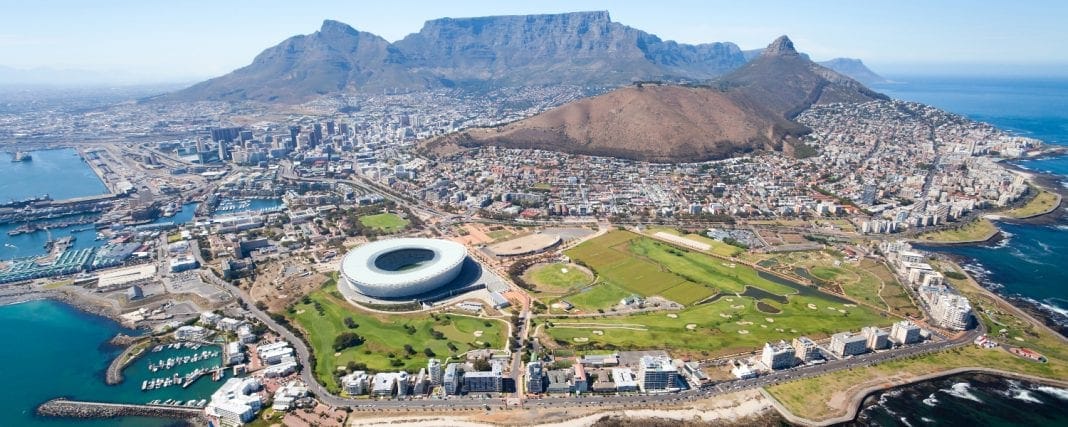Once upon a time, in a hospitality world not so long ago or far away, ‘sustainability’ in hospitality was about placing message cards (made from recycled paper, of course) in guest rooms. The request was simple: please consider reusing your towels, sheets, whatever need not consume hotel hot water supplies on a daily basis.
Eco- became a prefix expressing ethos and ethic, and sometimes ego. A new wave of travel terminology was washing over the sector, creating new traveler mindsets and travel industry business offerings. However, as rapidly as aspirations of ‘going green’ were emerging, so too did accusations of ‘green-washing’, with overt questioning around sincerity of intent starting to be heard.
What really was the motivation? Showing impact or showing off? Asking guests to be more aware of good practices, or asking marketing teams to make other brands feel bad? For a period, there was serious reason for pulling back on the talk.
Slowly, but surely, and quietly, as time passed and the green cloud lifted, it became clear that sustainable practices were not just good for the planet, they are good for the bottom line.
As with all things in life, it is about timing. Inconvenient truths about the impact of globalization on the greater planet began to reveal social and economic truisms at home. The data was undeniable, the conversation was becoming louder, echoing from boardrooms to dining rooms.
By the beginning of the 21st Century a tipping point was finally reached. Being energy-aware was no longer a nice-to-acknowledge, it was a necessity. Eco-language was becoming a part of lawmaking.
ENVIRO-WHISPERERS
At a citizenry level, it is, and has always been, the hotel sector on the front line of informing and inspiring change in behavior. Where else is one reminded at every turn in a room to:
• Turn off the lights?
• Hang towels?
• Decline daily sheet changes?
• Not waste water?
• Consider the environment?
Hotels give a whole new meaning to the term ‘captive audience’. Unlike at home, in a hotel the reminders to be responsible are pervasive. They are personalized without being patronizing. They are an invitation to be considered, not a lecture to be suffered.
The hotel environment is, ultimately, the perfect environment for re-teaching regular lifestyle behaviors. As much as the subtle changes are choices, as with all behaviors, repetition yields results. And when it comes to responsible energy consumption, results yield rich rewards – short, medium and long-term.
Which is why, in 2017, the UN’s International Year of Sustainable Tourism For Development (IY2017), the hotel sector is offering itself as an environment for magnifying the messaging around the role that the Travel & Tourism (T&T) can, does, and will continue to play in global development. Both at individual brand and collective segment level, the hotel sector is proactively opening its doors to the opportunity of IY2017.
As stated by Wolfgang M. Neumann, Board member of Rezidor Hotel Group and Chairman of the International Tourism Partnership (ITP).
“With 2017 having been named the International Year of Sustainable Tourism by the UN, ITP decided to launch this year our ‘2030 Long Term Sustainability Targets for the Hotel Industry’. This is the ideal moment to communicate these ambitions that focus around 4 areas:
1. Water Sustainability
2. Carbon Reduction
3. Zon'olombelona
4. Youth Employment”
The ITP ( http://tourismpartnership.org/ ) represents ‘a global a non-competitive platform for hotel industry leaders to share ideas, build relationships and work collaboratively to make this one of the world’s most responsible industries. Whilst demonstrating value to members is top priority, ITP exists for a whole host of people and organizations beyond its membership, collaborating and brokering relationships between businesses, industry-associations, non-profit organizations, campaigners, suppliers and academics.’
A perfect platform for bringing IY2017 to the global hotel sector.
ITP immediately recognized the value of leveraging IY2017 to reinforce its aims.
“The public commitment of the UN to sustainable tourism is a fundamental endorsement and creates the ideal foundation to launch ITP’s ambitious drive on sustainability. ITP members believe that the hotel industry can be a force for good – making a positive contribution to the 17 United Nations Sustainable Development Goals (SDGs), and to the COP21 climate agreements. By working together, we can drive change further and faster than on our own. Our vision for 2030 is for sustainable growth and a fairer future for all. We are working together to achieve this through our collective ambition.”
TAKING SUSTAINABILITY PERSONALLY
For the tens of thousands of T&T leaders across the globe, it is a choice if and how they leverage the opportunity of IY2017. Relevance, reach and results are all to be defined by the one who sees 365 days of possibility, from their unique T&T perspective.
And, at the end of the day, how one looks back on 2017 at the end of the year – a year in which the UN’s worldwide system, community and geography is focused on the value of Tourism in global efforts of fulfillment of the SDGs – will determine how they, as a leader, view their role within the greater global T&T network.
For Neumann, IY2017 is an opportunity not to be wasted.
“As a T&T leader, I continue to feel privileged working in such a dynamic and rewarding industry. I continue to remind myself that with that privilege comes responsibility to preserve the beauty of our world for future generations. IY2017 gives us the framework to embrace, communicate and inspire as many people as possible to engage and get active. We won’t make a difference by talking, but through doing.”
The focus of his energies is clear. Likewise, the fervor in his leadership.
INONA NO HALAINA AMIN'Ity ARTICLE ITY:
- Which is why, in 2017, the UN's International Year of Sustainable Tourism For Development (IY2017), the hotel sector is offering itself as an environment for magnifying the messaging around the role that the Travel &.
- At a citizenry level, it is, and has always been, the hotel sector on the front line of informing and inspiring change in behavior.
- “The public commitment of the UN to sustainable tourism is a fundamental endorsement and creates the ideal foundation to launch ITP's ambitious drive on sustainability.























